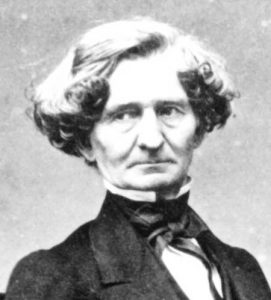Requiem Aeternam
When faced with such a senseless, horrible tragedy, we turn to music to help us find some peace, to help us heal, to help us move on.
A Requiem is a Roman Catholic mass said to pray for the soul of departed person. Today, Requiems are still said (and sung) in a liturgical setting; however, the beauty of the words and the human obsession with death have caused many composers to write their own Requiems, regardless of their faith (or lack thereof). Particularly famous Requiems include those by Mozart, Berlioz, Brahms, Faure, and Verdi – and ironically, none of these is known to have much, if any, faith. After those, there are a number of “underdog” requiems that are known by choirs, but not by orchestras. Among these is the Requiem by Maurice Duruflé.
This serenely beautiful work takes the melodies of the Gregorian Chant Requiem and dresses them up with lavish accompaniment by organ and orchestra. The result is a work that expresses the sorrow we feel when a loved one dies, but also a sincere hope in an afterlife. Unlike the more famous Requiems I mentioned earlier, Duruflé’s does not paint a terrifying picture of the end of time, with God as a cruel judge; instead, we are left with a calm, peaceful vision of heaven, where tragedies might be finally explained.


Recent Comments